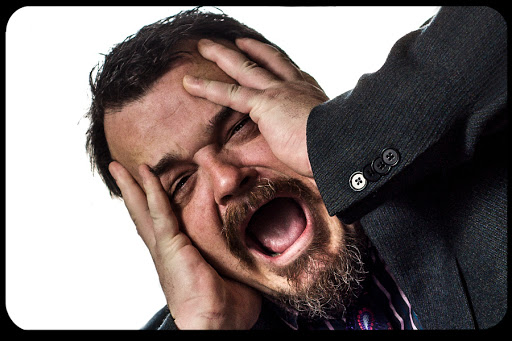This piece from The Washington Post should be one most of us can relate to. It takes note of some recent polls that discovered something unsurprising: online harassment over politics has exploded during this election cycle. The reasons are varied, but here’s a glimpse:
According to a recent Weber Shandwick survey, 95 percent of all Americans consider incivility a “problem.” Seventy percent consider it a crisis, which is up from 65 percent in 2014. Experts agree that this incivility has intensified online as well as during the current election cycle.Just yesterday, the Verge’s Thomas Ricker recounted his one attempt at political dialogue with a relative on Facebook, concluding that it was “a terrible mistake.” …As his wife put it, disapproving: “Never discuss politics on Facebook, dummy.” But that’s not quite the right prescriptive, says Carolyn Lukensmeyer, executive director of the National Institute for Civil Discourse at the University of Arizona. Lukensmeyer’s organization works with academics, journalists, politicians and individual members of the public to encourage bipartisan conversation and collaboration — not an easy task, in our current climate. While there’s often a tendency to blame social platforms for the tone of the conversations that take place on them, larger factors also play a role here, Lukensmeyer said. Twitter and Facebook need to deal with actual harassment, of course — but we as a society need to confront pervasive nastiness and disrespect. That state of affairs can be attributed in large part to long-term, structural sources like the fact that many people no longer live in income-diverse communities, and many children no longer go to public schools. People simply don’t trust or understand people with differing perspective and don’t see much value in trying to. “There’s been an enormous increase in social distance over the past 30 or 40 years,” Lukensmeyer said. “In our everyday lives, we don’t interact significantly with people whose lives are different.”

